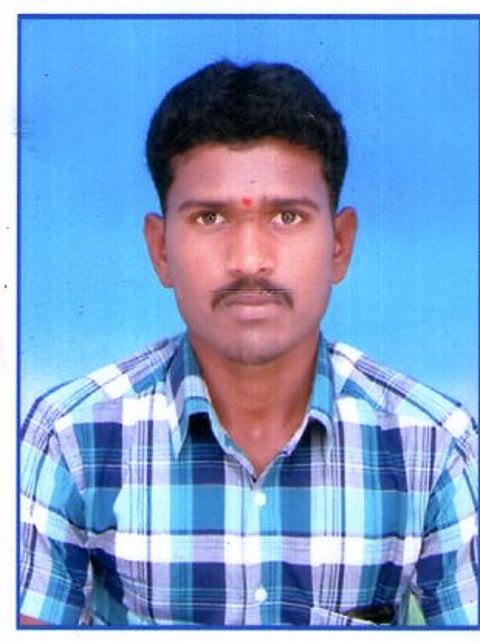

The News Minute | March 19, 2015 | 02.01 pm ISTA Dalit man, who was beaten up and forced to drink urine while visiting a temple in a Tamil Nadu district in early March, has said that no arrests have been made yet.D Aravindhan, 20, working in Bengaluru as a welder, had come on a visit to Karuvanur village in Krishnagiri district on March 2 - a trip that resulted in his hospitalisation for more than 10 days. He was accompanied by a relative, R Dinesh, and had walked into the Perumal temple when he was allegedly assaulted by at least seven men belonging to a dominant caste.“The men began talking about caste. They asked us what we were doing there,” Aravindhan told The News Minute.Dinesh is from a neighbouring village. “So, I brought him to the temple,” he said. “When I questioned their behaviour, they turned towards me.”“They dragged me outside the temple for half a kilometre, tied my hands and feet with a belt and beat me in a toilet,” Aravindhan said.“There were around seven people , they were hitting me with a wooden stick,” he said going on to explain that he had been forced to drink urine when he asked for water. “I spent eleven days in the hospital. There were bone injuries and damage to the teeth.”Even though a complaint has been filed, the district police has allegedly refused to register the case under the SC/ST Atrocities Prevention Act, the Times of India reported. It was filed as a regular assault case against some unknown persons. According to them, the case would be modified after they confirm if the youth had been harassed or not. Aravindhan said this is not the first time caste has played a factor in disputes in the village.“This is the fourth or fifth incident where in something similar is happening”Usually, there are issues between caste groups that are settled after talks, he explained. “I knew those people. They belonged to the upper caste in the region, “ he said. Aravindhan had initially come home from Bengaluru to apply for a passport for a job in Singapore.This temple is open to seven villages in this district. There is no bar against any community entering the temple, he said. For years, Tamil Nadu has been known for its caste-related violence. In the southern part of the state, almost a 100 murders have been reported in the last ten months with many of them having caste overtones, The Hindu said.According to the report, many a time, caste-affiliation portrayed by police officials has been a serious threat to law and order. TweetFollow @thenewsminute